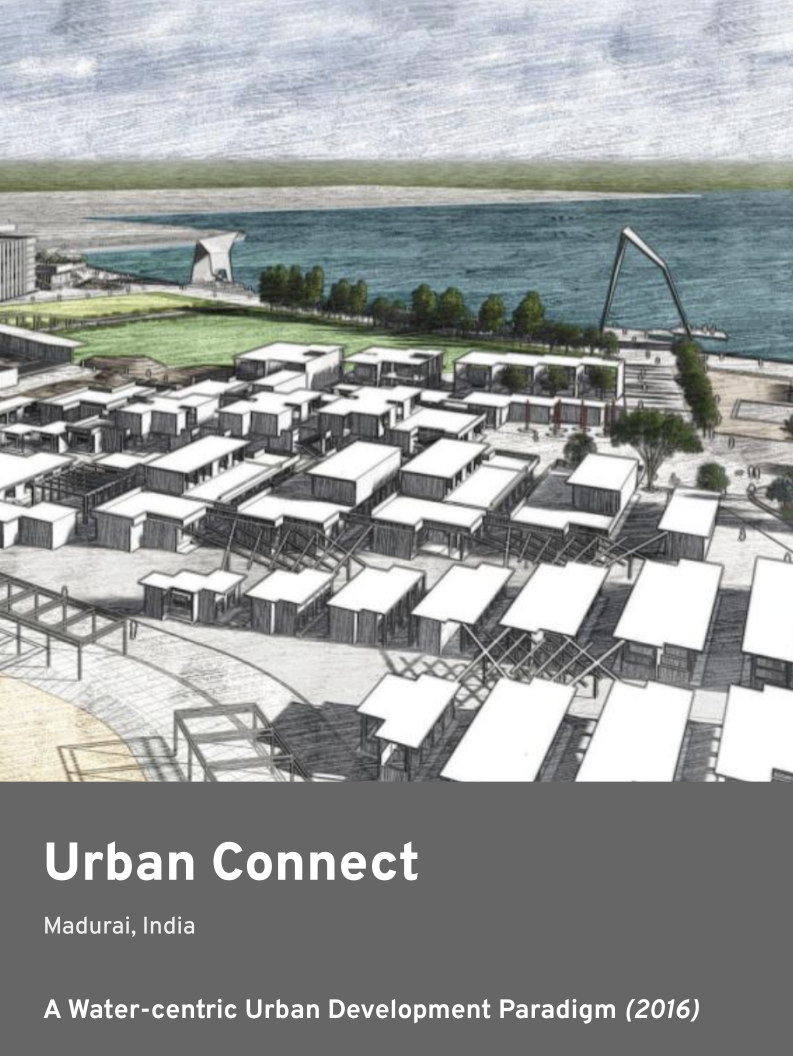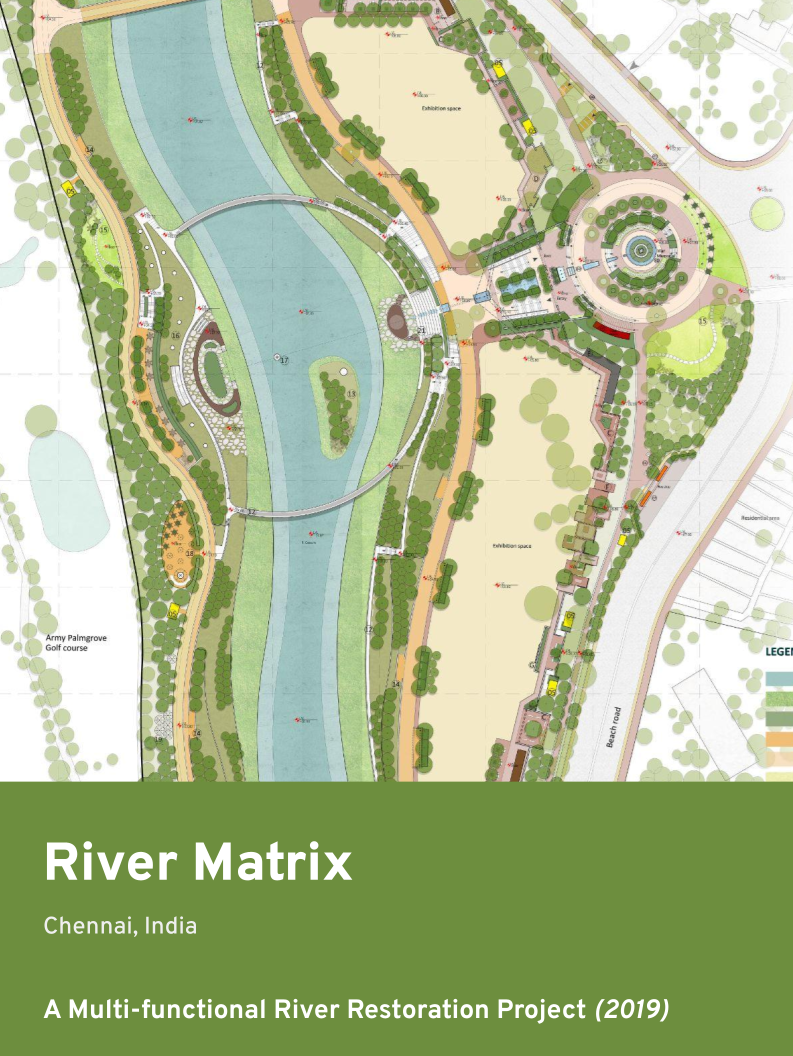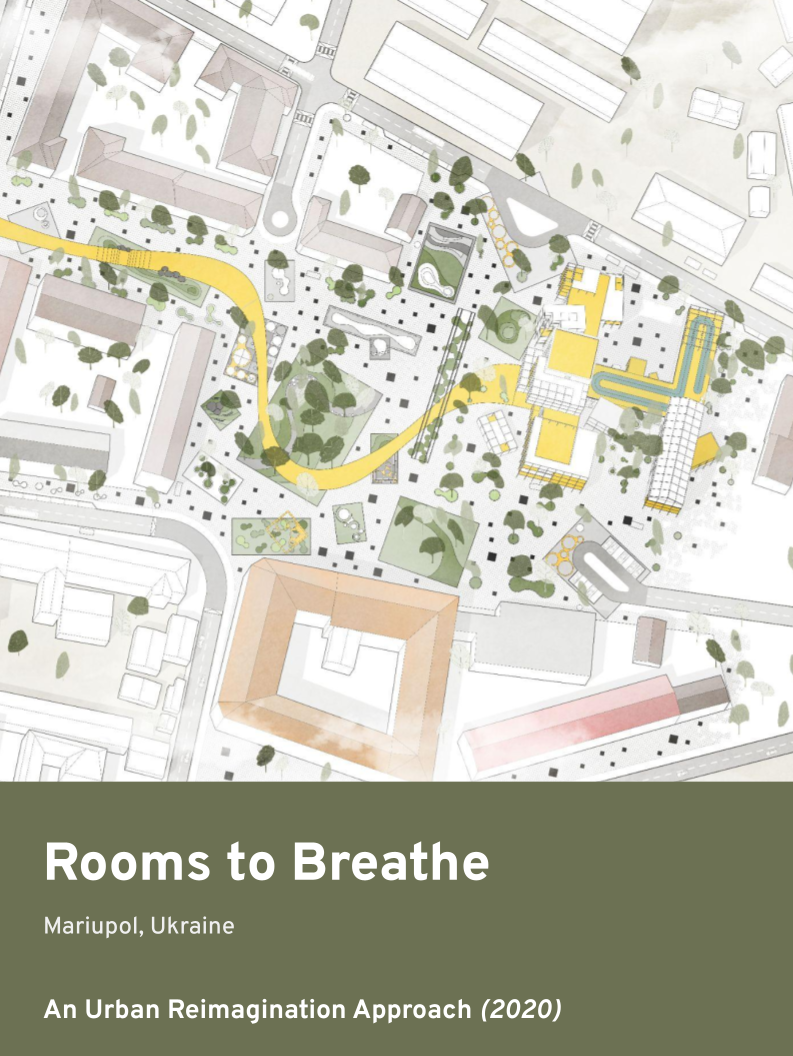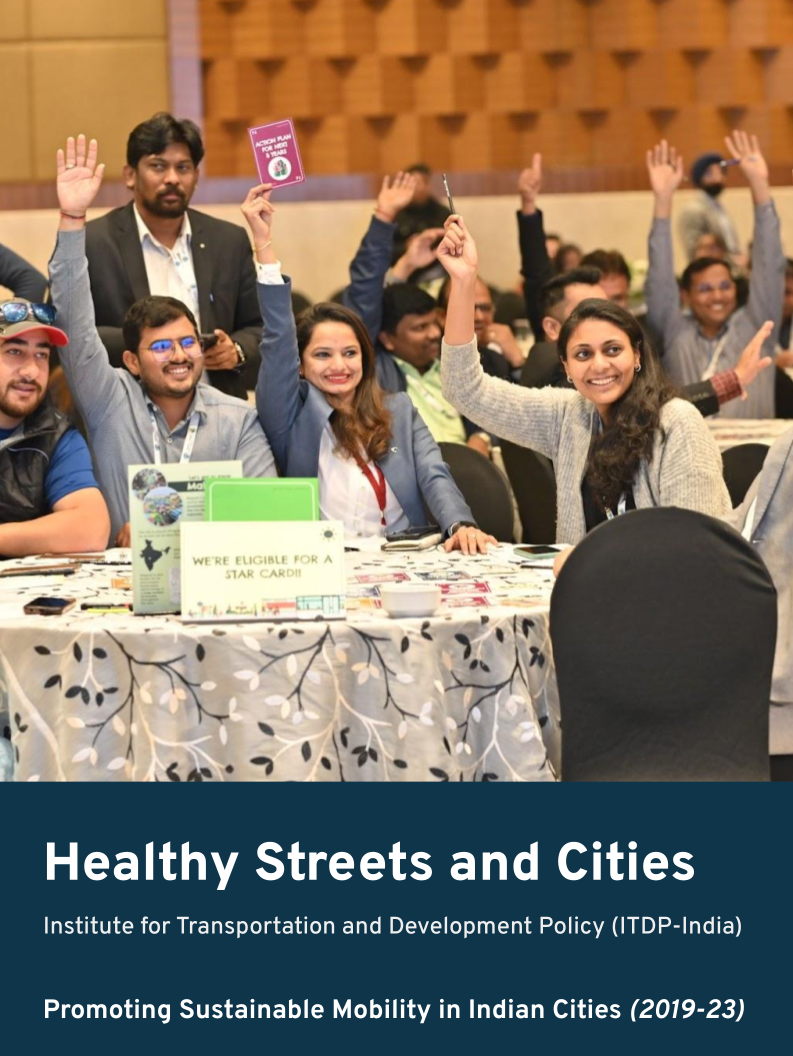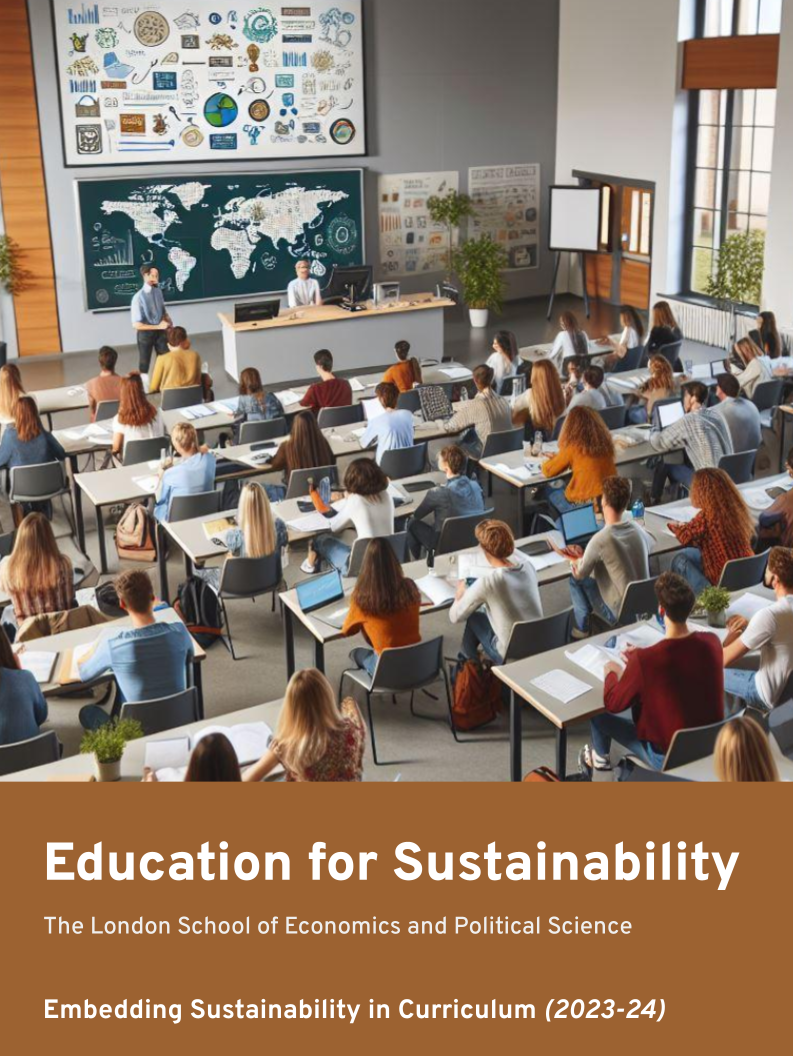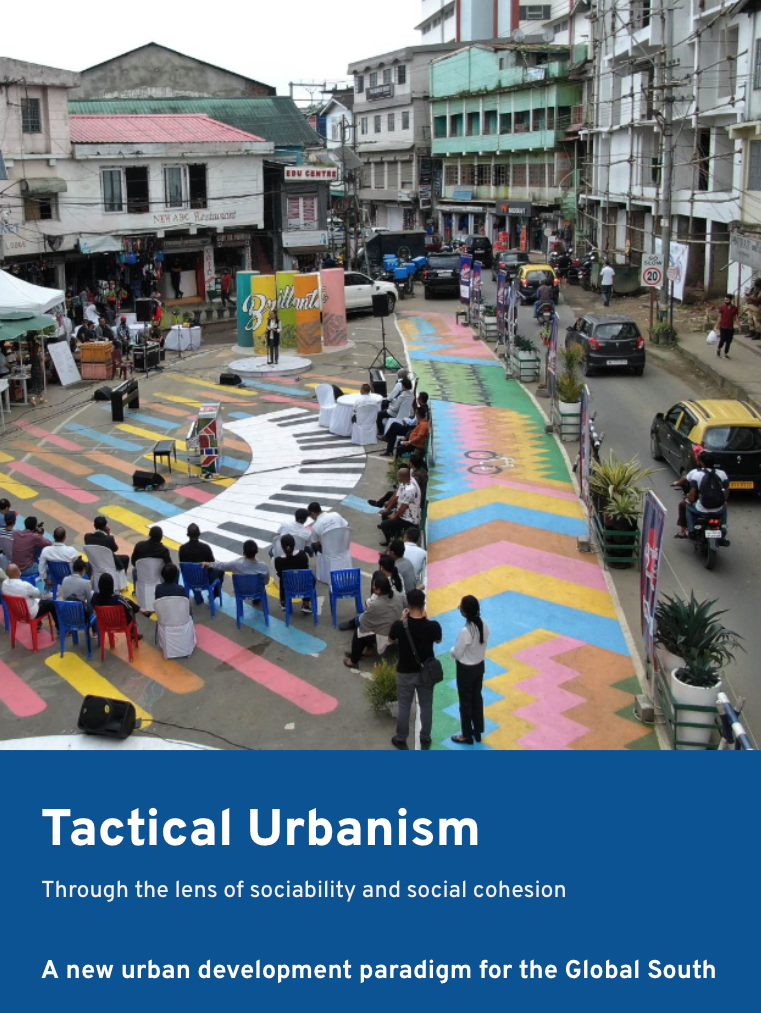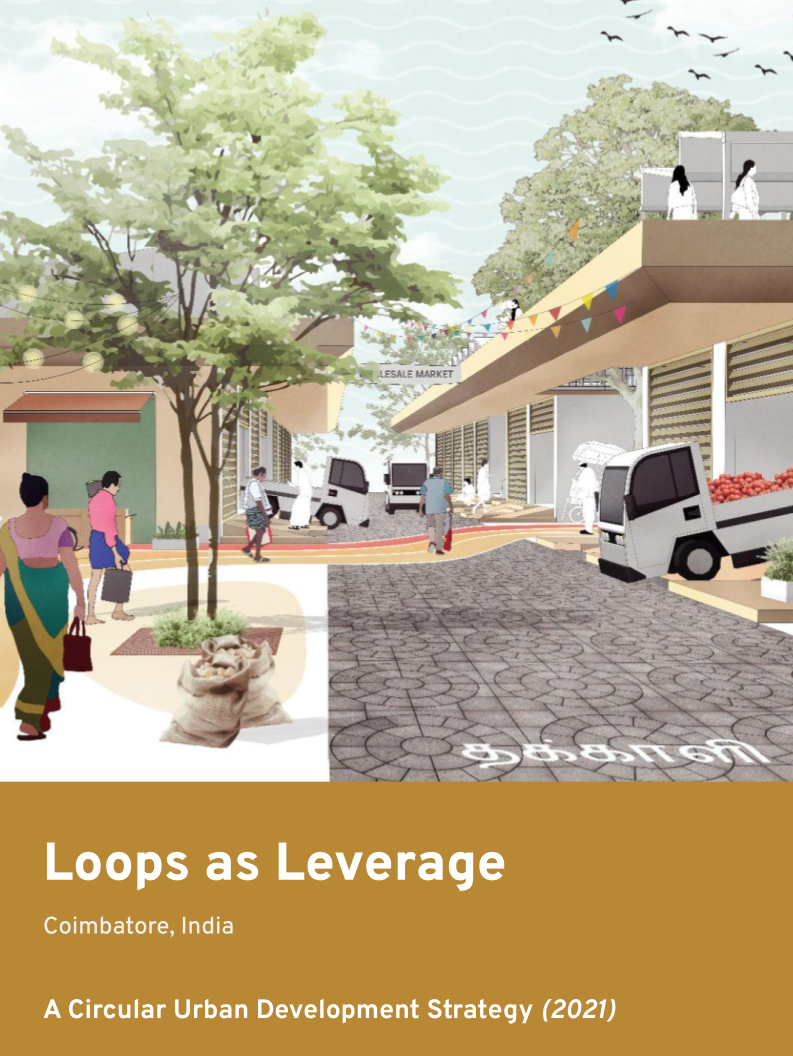This proposal developed collaboratively was judged the SECOND WINNERS in the National Ente Kochi Urban Design Competition, and the team was contracted to prepare the Neighbourhood-level Master Plan and Detailed Project Report (DPR) for a pilot project.
Weaving with Water is a water-driven collective framework towards a climate-proof Kochi that addresses the intersections between four layers: ecology, infrastructure, community, and governance. The Kochi Water Vision is built on four distinct yet complementary strategies: regenerative green-blue networks for resilience, adaptive infrastructure for a thriving economy, liveable neighbourhoods for social inclusion, and collaborative decision-making for equitability.
Conceptualised step-wise process for implementing the Kochi Water Vision
A Community Toolkit for Urban Resilience
Kochi’s green-blue network, with interconnected canals, rivers, lakes, and backwaters along with the coast, is the backbone of city's development. However, the pressure of urban expansion has resulted in acute stress on the ecological networks of Kochi and exposed them to the adverse effects of climate change.
The Mullassery Canal is considered the testing ground for a ‘Play to Plan Toolkit’, containing water-based solutions to specific issues observed along the canal in the layers of ecology, infrastructure, community, and governance. The solutions are organised with information on scales, stakeholders, spatial typologies, cost, and carbon footprint of the interventions. A 'scenario building game’ can be played with the toolkit among communities, municipalities, designers, developers, and individuals to reimagine the city for the future in a participatory manner.
Check out the video showcasing the conceptual 'Play to Plan Toolkit'
Based on the toolkit and contextual challenges, the site-specific interventions follow a streamlined spatial approach as REVIVE, RETROFIT, and REDEVELOP for Sub-sites A, B, and C, respectively. REVIVE is an approach that sheds its primary focus on enriching ecology through mangrove belts, retention basins, micro-wetlands, and flood-able sports arenas. The challenges of dense urban areas are proposed to be tackled through the RETROFIT approach, which includes green roofs, roof gardening, and micro-detention basins in the form of rain gardens and water courts inside buildings in order to nurture liveability. The REDEVELOP approach capitalises on the economic potential along the Mullassery Canal Road through a phase-wise redevelopment for mixed-use, high-density, and affordable urban infrastructure.
Seamless last-mile connectivity, user inclusivity, sensitivity to gender and other vulnerable groups, and spatial integrity in resource management were the supportive principles that moulded the proposal as a whole.
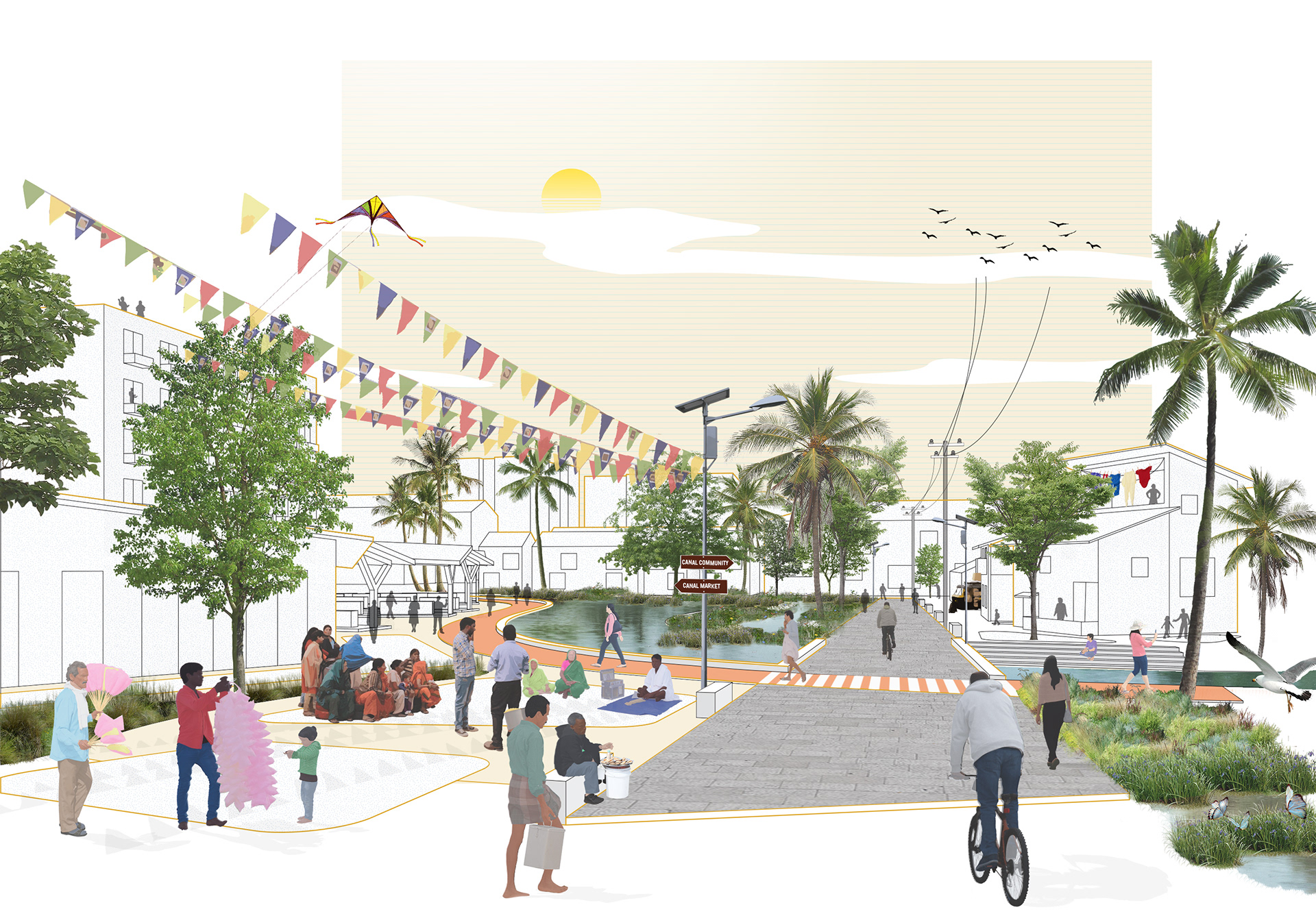
Subsite C: A new community edge along the Mullassery Canal for local residents.
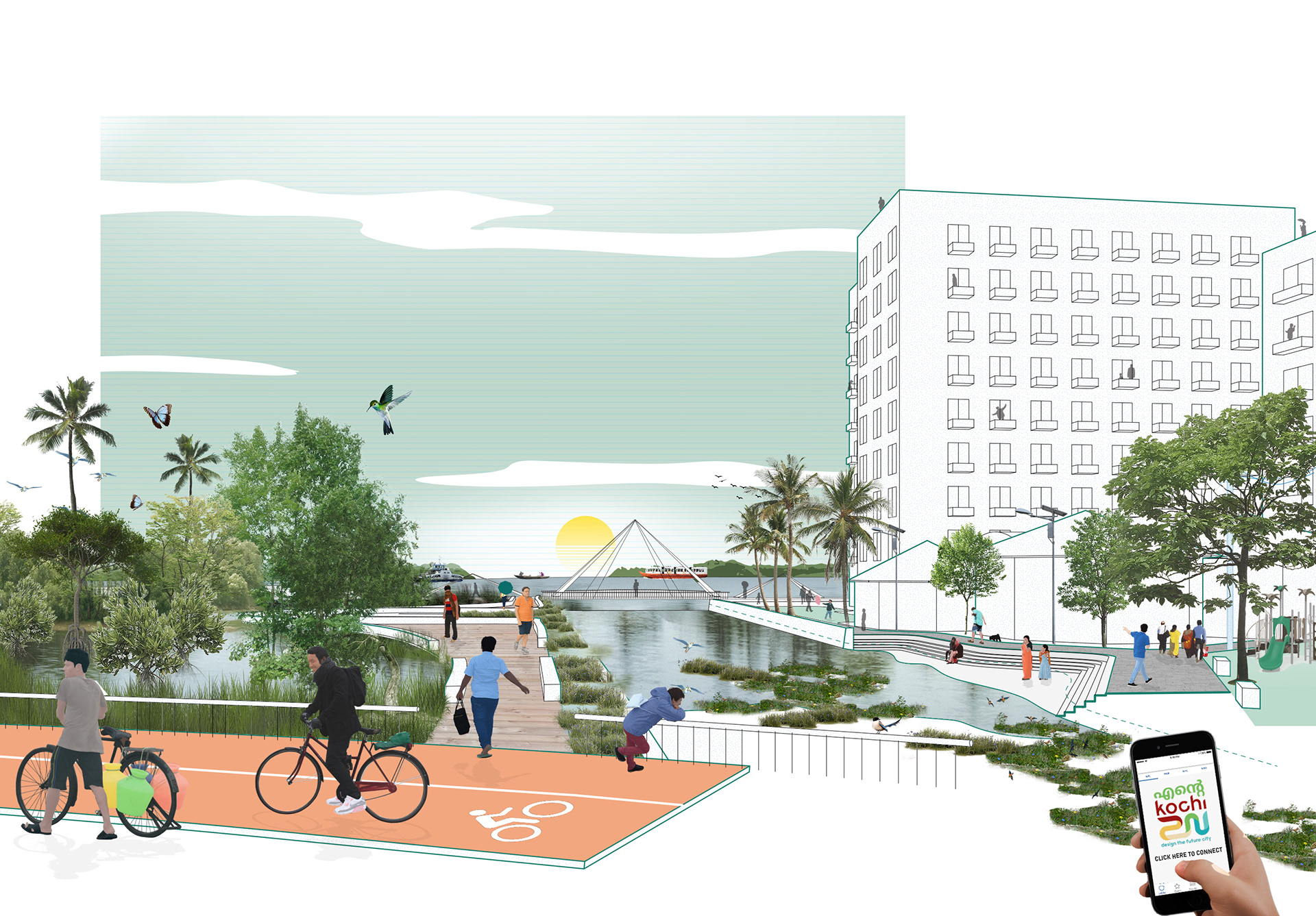
Subsite C: Walking trails for activating the edge along the backwaters.
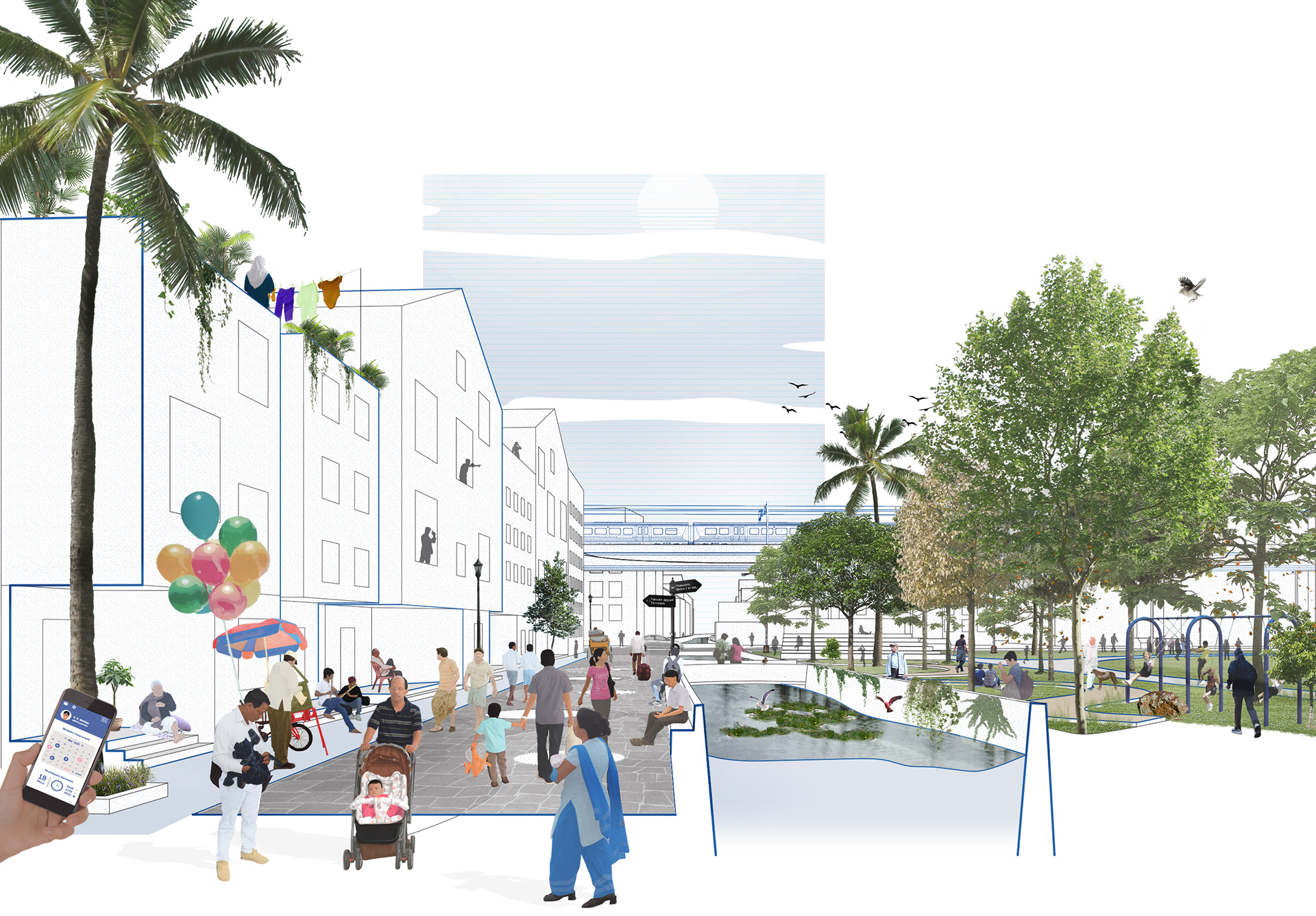
Subsite B: An active mobility-only street to improve the public realm.
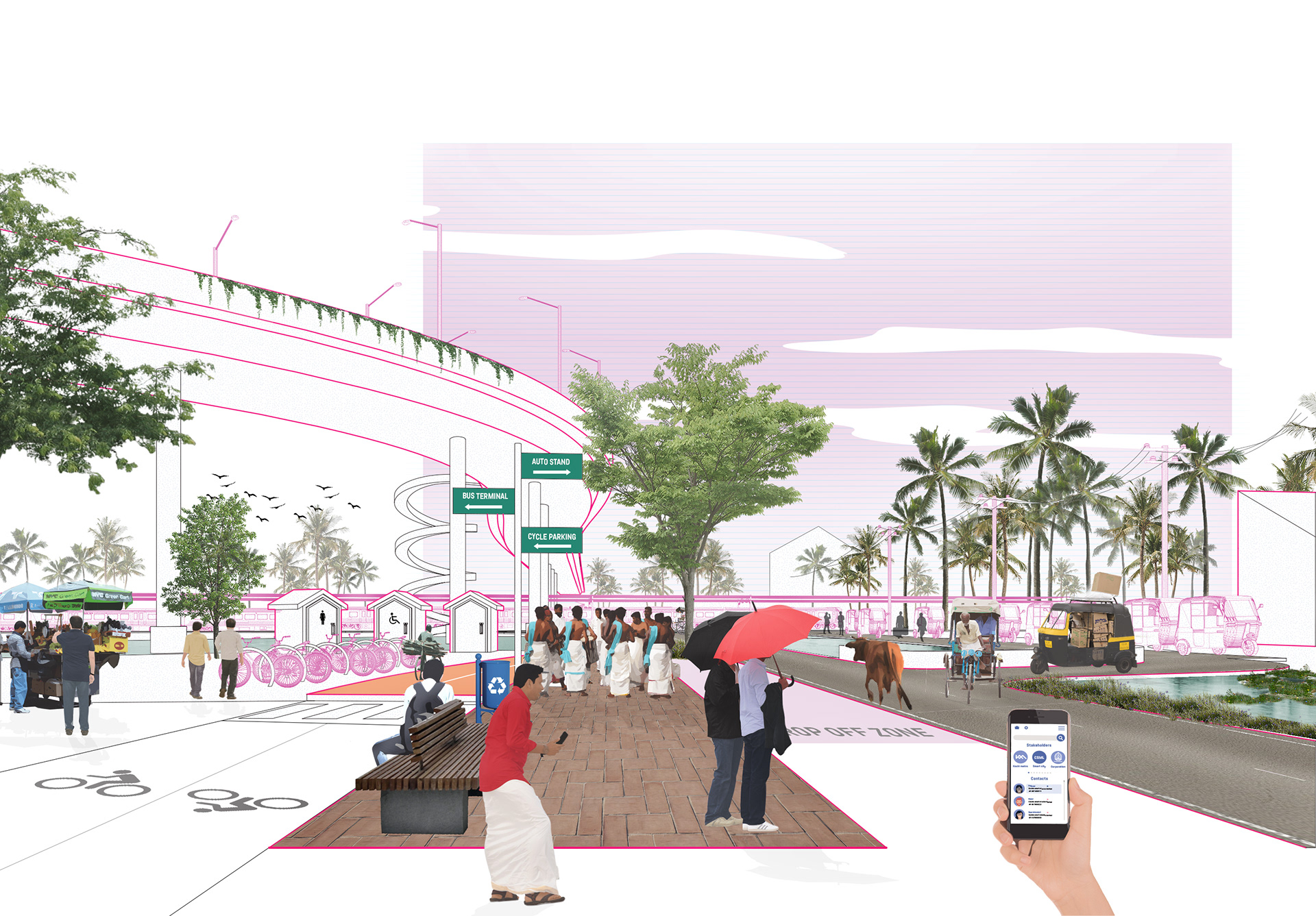
Subsite A: A new inter-modal transport node with priority for low-emission modes.
Project Details and Credits
Background: National Urban Design Competition Winner (Hosted by Deutsche Gesellschaft für Internationale Zusammenarbeit)
Status: Completed in April 2021 (Canal edge Master Plan, Sub-site level Master Plan, and Pilot Detailed Project Report)
Client: Kochi Municipal Corporation (KMC) and GIZ India
Collaborators: Chandrasekaran S, Ganesh Babu R P, Preetika B, T R Radhakrishnan
